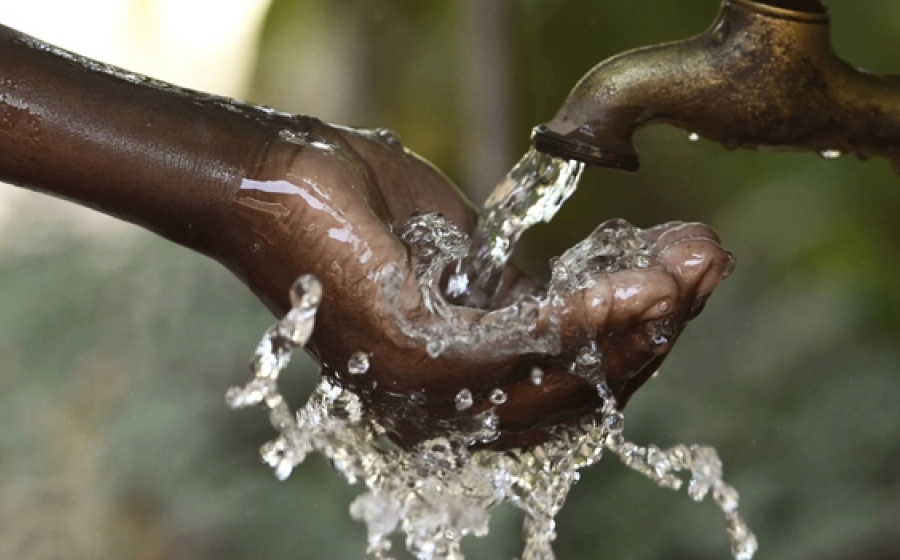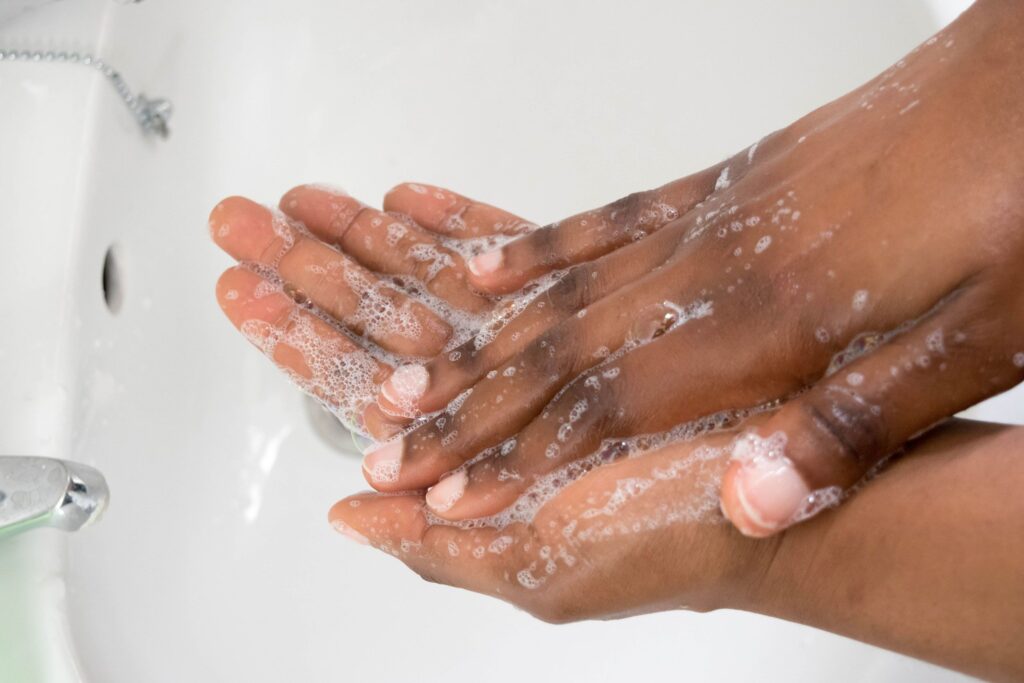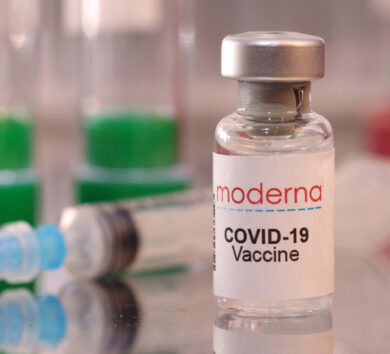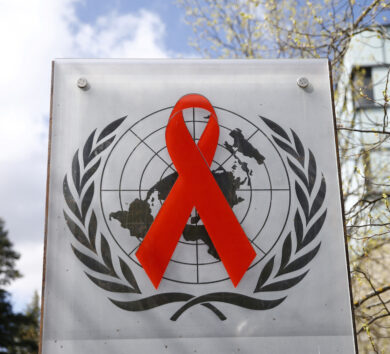

As the world commemorates World Water Day (March 22), the World Health Organization (WHO) and United Nations Children’s Fund (UNICEF) are urging countries to radically accelerate action to make water, sanitation and hygiene (WASH) a reality for all.
According to WHO’s data, 2 billion people lack safe drinking water and 3.6 billion people, almost half of the world’s population, use sanitation services that leave human waste untreated.
The international public health organization says a lack of adequate sanitisation services such as soap and alcohol-based hand-sanitizing solutions can have severe consequences including death.

Some healthcare facilities globally are also affected by a lack of sanitisation services and water supply to properly treat patients.
“Each year at least 1.4 million people, many of them children, die from preventable causes linked to unsafe water and poor sanitation,” WHO said in a statement.
Government leadership to drive change:
- Develop a plan for increased political commitment to safely managed drinking water, sanitation, and hygiene, including outreach to leaders at all levels of government and engaging with civil society groups.
- Develop a strategy for strengthening governance and institutions required to deliver these services, such as by establishing autonomous regulatory agencies that enforce health-based standards and regularly publish findings.
Funding and financing:
- Develop clear policy objectives to guide funding and financing decisions for WASH
- Develop costed funding and financing strategies that take into account the needs of different regions and population groups
- Increase public spending on WASH to recognize its value as a public good; and
- Encourage providers to improve performance to satisfy users and recover costs, for example by reducing interruptions of service, and water losses, and improving tariff structures and efficiency of collection.

Invest in people and institutions:
- Develop a plan for building a stronger, more diverse, and gender-balanced workforce with stronger skills in the WASH sector;
- Build robust and competent institutions and a capable and motivated workforce; and
- Support the growth of professionalized service delivery, particularly in small and rural systems, by providing capacity development for underpaid and inadequately trained staff.
Data and evidence for decision-making:
- Support the institutionalization of data collection and monitoring within national systems.
- Use consistent methodologies for data collection and monitoring.
- Transparently share and use information collected to inform decision-making processes.
Encourage WASH innovation and experimentation:
- Develop supportive government policies and regulations that encourage WASH innovation and experimentation.
- Foster collaboration between government, civil society groups, and private sector actors to develop and implement new solutions.







Comments